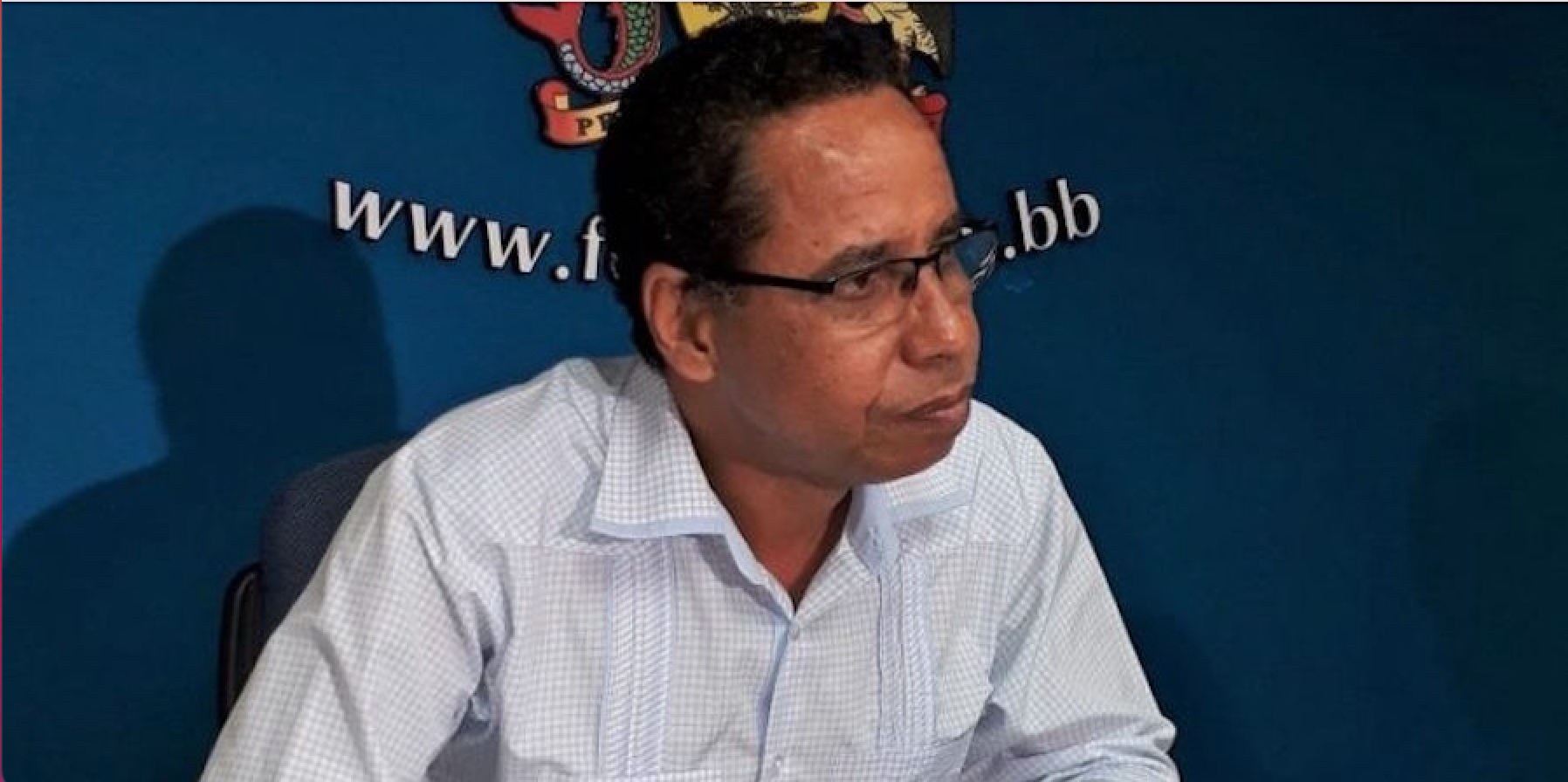CARICOM Free Movement Deadline Missed as Member States Work out Remaining Details

April 4, 2024
CARICOM member states have yet to finalize free movement arrangements by the March deadline. Despite the delay, Ambassador Comissiong assures that consensus is being sought on remaining details. Prime Minister Mottley affirmed progress towards fulfilling the mandate.
Caribbean Community (CARICOM) member states have failed to meet last month’s deadline to complete arrangements to facilitate the full free movement of Caribbean nationals as announced at their February meeting in Guyana. But Barbados’ envoy to the regional bloc has suggested nothing was amiss about the development.
“The failure to meet the 31st of March deadline has not been caused by any failure to agree on the major or fundamental planks of the new regime,” CARICOM Ambassador David Comissiong told Barbados TODAY on Wednesday.
He explained the delay “has been caused by member states still consulting with each other over details of one or two aspects of the free movement framework”.
“I can assure you that there is no major sticking point. It is simply a matter of the Heads of Government working out and getting consensus on a couple of residual details.”
Prime Minister Mia Mottley, who has lead responsibility for the CARICOM Single Market and Economy (CSME), revealed at the end of the Guyana summit that the 15-nation bloc was on track to fulfil the mandate for full free movement that the heads issued at their 50th-anniversary summit in Trinidad last July.
Mottley told the closing press conference in Georgetown that two outstanding matters were to be settled and the leaders were scheduled to meet on March 15 to sign off in time for the March 31 deadline.
Under the existing free movement of skills regime, CARICOM nationals seeking to work in member countries are required to obtain a CARICOM Skills Certificate. The regime is open to university graduates, artistes, musicians, sportspeople, media workers, nurses, teachers, associate degree graduates, domestic and artisans. All other workers would need a work permit for the country they are entering.
CARICOM nationals are currently allowed a six-month stay in another member state without seeking employment.
Ambassador Comissiong also addressed Antigua and Barbuda’s declaration last month that it would not be participating in the arrangement at this time but would maintain the current status quo where certified skilled nationals are allowed to live and work freely.
He stressed there was nothing controversial about St John’s position – known as derogation – which the government had declared from the outset.
“This has been acknowledged by the other CSME member states, and a provision has been included in the draft amended treaty to permit such an initially non-participating member state to join the free movement regime at a later date, if and when it considers that its circumstances have changed and that it is able to participate,” Ambassador Comissiong said.
The envoy also pointed out that the new free movement regime only applies to CARICOM states who participate in the CSME, as he noted that the inclusion of The Bahamas and Bermuda was never an issue since both have opted out of the CSME arrangement. Although a member of the community, The Bahamas has never been a member of the common market and customs union that preceded the single market.
Ambassador Comissiong has previously explained that the March 31 deadline is only in respect of making the necessary amendments to the Revised Treaty of Chaguaramas, the agreement governing the 50-year-old community.
“After 31st March, there will be a three-year transition period to put all the national legislation and administrative procedures in place. There will also be a seven-year transition period for host member states to provide certain basic services – health, education, etc. – on the same terms as their citizens.
“The right to move and reside will also continue to be subject to such restrictions as the person must not be a credible threat to national security, nor likely to be a charge on the public purse,” he said.
(SD)


